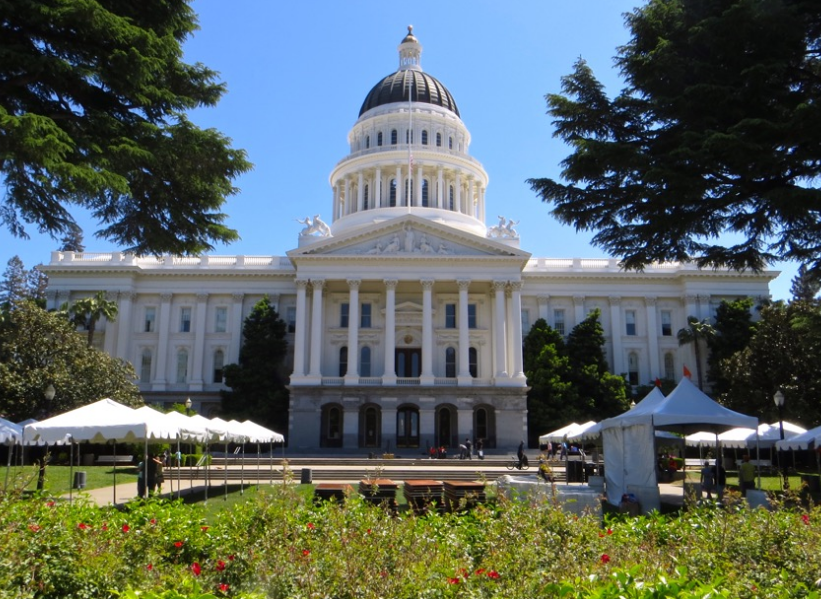In a thrilling showdown at the 2025 World Series of Poker Europe, Polish player Pawel Wojciechowski emerged victorious in the Bounty Hunter Opener, securing his first gold bracelet and a hefty prize. This win marks a major milestone for the former footballer, who battled through a tough field to claim glory in Rozvadov. What twists led to his triumph? Read on for the full story.
Wojciechowski’s Path to Victory in Bounty Hunter Opener
Pawel Wojciechowski topped a field of 385 entries in the €1,200 No-Limit Hold’em Bounty Hunter Opener at King’s Resort in Rozvadov, Czechia. The event kicked off the 2025 WSOP Europe series, drawing players from across the globe for two starting flights. By the end of Day 1, 59 players returned for the final push.
This victory netted Wojciechowski €58,850, his career-best cash, plus a coveted WSOP Europe gold bracelet. He also earned a seat in the main event, boosting his shot at more success in the series.
The tournament featured a bounty format, where players earned cash for each knockout. Wojciechowski started Day 2 with the chip lead, holding a strong position over rivals like Martin Kabrhel, who sat second in chips.
Play lasted about 12 hours on Day 2, with the field shrinking fast. Notable players cashed out, including Helmut Phung in 47th, Manig Loeser in 42nd, and Kabrhel in 25th. Each min-cash paid €1,410, from a total prize pool of €435,050.
Wojciechowski faced ups and downs, like a tough set-over-set hand that dented his stack. But he bounced back quickly after a break, doubling up and regaining momentum.

Final Table Drama and Key Hands
The final table formed after eight hours of intense action, with Jan Bendik leading the pack at 4.5 million chips, or 114 big blinds. Dorian Melchers from France held second with 2.9 million, while Wojciechowski sat mid-pack.
Bendik, a former EPT champion, pushed hard but met his match in Wojciechowski during heads-up play. The Pole sealed the win with a rivered straight, denying Bendik the bracelet.
Melchers finished third, adding a strong showing for French poker fans.
Here are some standout moments from the final table:
- Wojciechowski’s chip lead from Day 1 gave him early control.
- A key double-up post-break turned the tide in his favor.
- Bendik’s aggressive style kept pressure on, but luck favored the Pole.
Wojciechowski shared his joy after the win. “It means so much to me,” he said. “I ran so hot, it felt like destiny.”
This marks Wojciechowski’s fifth WSOP cash overall and his second deep run at WSOP Europe. Last year, he placed 12th in the main event here.
From Football Fields to Poker Tables
Wojciechowski’s background adds color to his poker story. A former professional footballer in Poland, he transitioned to cards and now shines on the felt.
His win highlights the growing Polish presence in poker. Poland claimed its first WSOP bracelet back in 2023, and Wojciechowski builds on that legacy.
The 2025 WSOP Europe runs through early October, with 15 bracelet events total. This opener set a high bar, with strong turnout and fierce competition.
Experts note the bounty’s appeal draws recreational players, mixing pros and amateurs for exciting dynamics.
Attendance figures show poker booming in Europe. The series at King’s Resort continues to attract record fields, up from previous years.
Impact on the Poker World
This bracelet boosts Wojciechowski’s profile, potentially opening doors to bigger tournaments. For fans, it shows anyone with skill and a bit of luck can rise to the top.
The win also spotlights Rozvadov as a poker hub, hosting major events that pump millions into the local economy.
Looking ahead, players eye the main event, with its €10,350 buy-in and massive prizes.
Poker analysts predict more records this series, based on early numbers. The Bounty Hunter’s 385 entries beat expectations, signaling strong interest.
Wojciechowski’s story inspires newcomers. He started as an amateur and now holds gold.
In a field full of pros, his calm under pressure stood out.
Pawel Wojciechowski’s triumph in the 2025 WSOP Europe Bounty Hunter Opener proves that perseverance pays off in poker, turning a hot run into lasting glory and a €58,850 payday that changes his career trajectory. As the series unfolds in Rozvadov, this win sets an exciting tone for more bracelet chases and big moments ahead.








